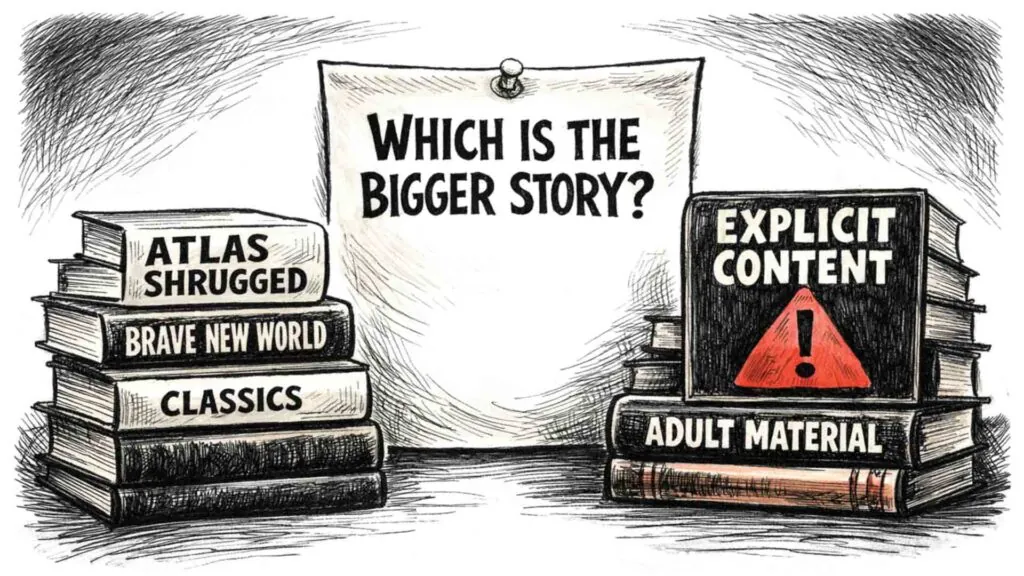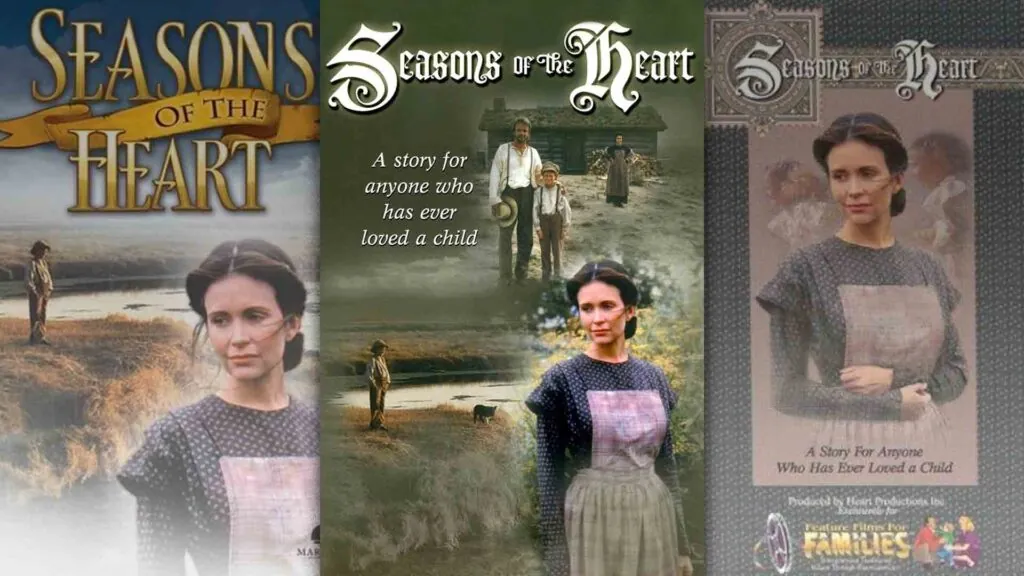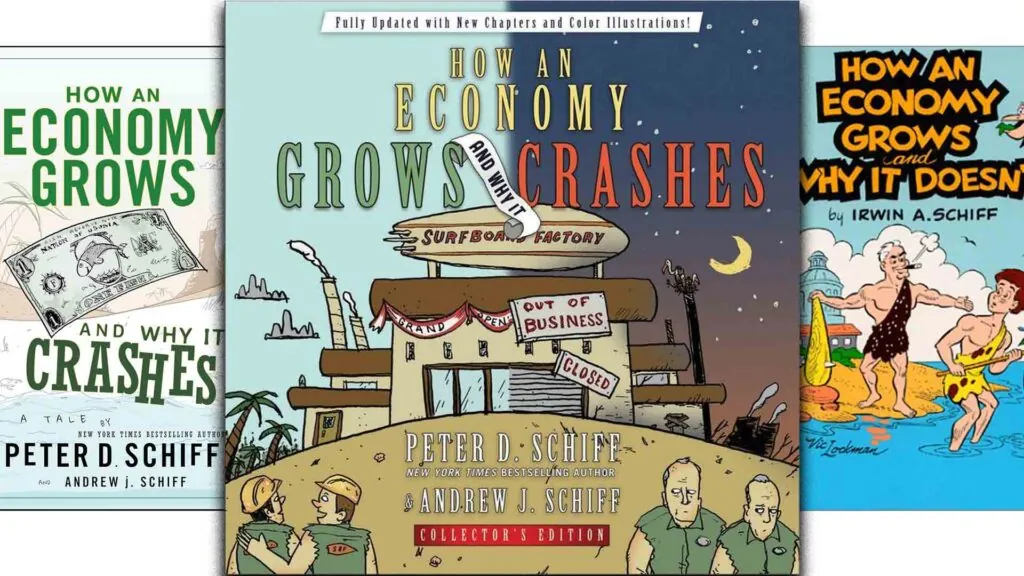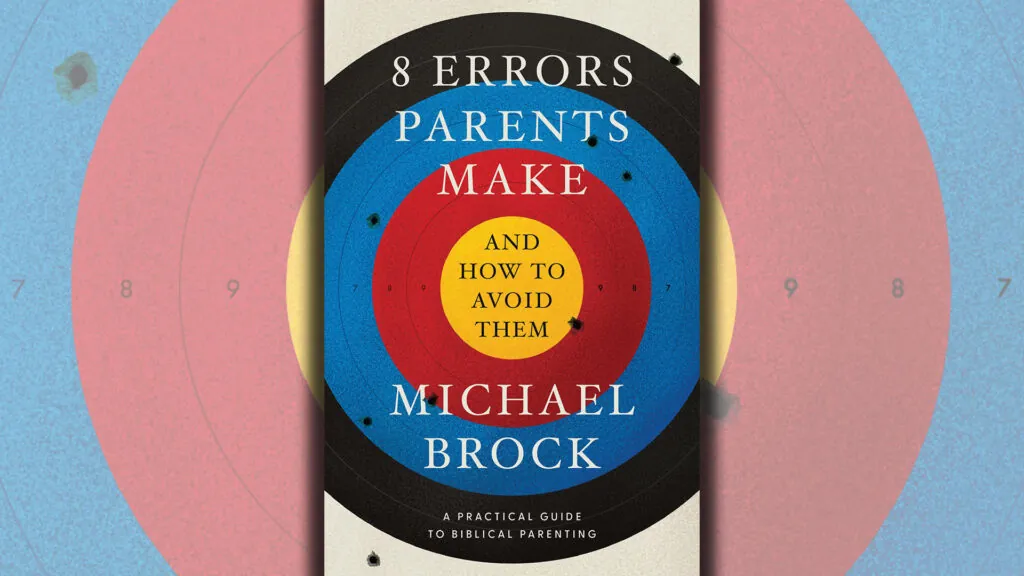
CAN YOU BUILD IT BETTER?
– the brick-building contest results!
We had another wonderful response to our brick-building contest. We asked whether entrants could think of “things that aren’t but should be” – we wanted to see if they could “build it better” and more than 200 entrants said that yes, they could. We had all sorts of cars and trucks and motorhomes and tractors that could drive, and fly or float, turn garbage into tires or rocket right across the ocean at 28,000 km/hr (and, if you weren’t careful, they might even sting you!). In a “great minds think alike” moment, two entrants designed creative alarm clocks that used a teapot and a coffee pot to motivate a sleepy sort to get up now! And if you don’t like coffee or tea? There was a hot chocolate machine too!
Some of the submissions were enormous like a plane that was 6 feet, 7 inches long, and a robot that people can go inside of. There were also a number of major appliances reinvented – dishwashers, dryers, and washing machines that had been upgraded to be even more automatic. And let’s not forget some fantastic homes – an apartment building that includes a smooth bar, a house on wheels, one that flies, and who wouldn’t want to live in a castle?
There were also some entries that were powered and functional – like a tractor that could distribute Mentos, and a bulldozer of sorts that can collect all the LEGO that gets kicked under your couches. It was clear once again that our readers are a creative lot.
While a picture can be worth a thousand words, in this case you have to check out the videos. Be sure to check out our YouTube playlist to go see the winners and the honorees give you a tour of their creation. The inventiveness on display is sure to spawn even more. Do you want to encourage your kids’ creativity? Watch these videos with the whole family and you won’t be able to stop your littles (and maybe your bigs too) from pulling out your LEGOs.
That family fun is a big part of the reason we’ve enjoyed this contest. Our kids are growing up with screens all around them, and we need to help them fight the pull to distraction. And when hundreds of parents and kids do something constructive and creative instead, we’re experiencing the joy of doing what God made us to do – we are glorifying Him in time spent in communion, and glorifying Him too, by reflecting just a bit of His creativity.
*****
Adults 18+
WINNER
Colin Van Manen – Samurai sword mech
Built entirely out of extra grey pieces, complete with a sword, a jetpack, a face mask, fully-functioning and posable parts… and with a pilot seat for the driver because it’s a better commute than a car, right?
HONORABLE MENTION
Felicity Tamminga – Washer/dryer one-basket system
Imagine if you had a special laundry basket that could just be dropped right into your washing machine, and then, when the wash is done, lifted out and slotted right into your dryer – no hauling each piece out one by one!
14-17-years-old
WINNER
Jeremy, 15 – Tea pot alarm clock
Have you ever slept through your alarm? That won’t happen with this upgrade – instead of just a sound, this one tips a teapot over to pour water on sleeping you. To add to the cleverness, the interior of the clock is a model bedroom, complete with bed, sleeper, and tiny teapot alarm clock!
HONORABLE MENTIONS
Everett, 14 – Technic crane
This is a functional, motorized crane that works via a remote control. It’s just downright impressive!
Charlotte, 14 – The ultimate motorhome!
It’s got 3, count them, 3 bumpouts, a cat condo, bathtub, fireplace, solar panels, and all the storage you’d ever need.
Gerred, 17 – Avro Arrow CF-105
This is what should have been – but wasn’t – if Canada, under Prime Minister Diefenbaker, hadn’t scrapped the Avro Arrow. Everyone loves a good history lesson with their build, right? It includes air defense systems with nuclear-armed missiles and functional landing gear and is just a really cleanly built plane.
10-13-years-old
WINNER
Quinten, 13 - A self-sustainable floating island
This is a detailed build! It includes dams, wind turbines, rooftop gardens, and solar panels. There’s space for camping, for farms and rural areas, plus a city equipped with a hospital, police station, fire station, and a church. There’s even a lighthouse to guide the boats from the ocean/lake. To add to the detail, there are even layers of rock underneath the build where the island was ripped from the ground.
HONORABLE MENTIONS
Austin, 13 – Self-cleaning LEGO machine
LEGO should clean itself up, but it doesn’t. Introducing the self-cleaning LEGO machine! An entirely motorized vehicle with two drive wheels – each with its own motor – and a spinning blade connected by gears to its own motor. It collects the LEGO into the hopper for you to simply empty and start again. Problem solved!
Evan, 13 – Plane and tank
A plane…and a tank? With stabilizers, shooting missiles, a tank turret under each wheel, wing flaps, and landing gear where the tank wheels are hidden while flying and deployed while driving, and extendable wings for added armor – who’s the engineer up for building this?
Eden, 12 – The mall with more
There are some things we can all agree on, and this is one of them: “I think that all malls should have a waterpark and a petting zoo.”
9 and under
WINNER
Oscar, 9 - Jurassic World abandoned jungle
Join 7 explorers as they brave Jurassic World with all its predators, erupting volcanoes, caves with hidden animals, fighting dinosaurs, and a dino-capturing helicopter. Let your imagination run wild!
HONORABLE MENTIONS
Eliza, 8 – Bumble car
It’s a bee car that can drive, park, and fly. And watch out, it can also sting!
Adam, 6 – Hygiene helper
“It has everything you need to go to school” – a toothbrush to brush your teeth, comb and scissors to style your hair, gets you dressed, helps you eat breakfast, and will walk right up to you to get things started!
Carina, 9 – Walk-in picture frame
“I thought it would be really cool if you could walk into a picture frame because then you could paint or draw your own world and walk right in.”
Some of our other favorites!
There were so many great entries that we just had to share at least a few more – here are some of our other finalists! Be sure to check out even more videos on our YouTube playlist.

News
When they went after Barry Neufeld...
Barry Neufeld was a school trustee in Chilliwack, British Columbia. He was elected for three terms in 2011, 2014, and 2018, earning the second-most votes of the seven school trustees in each of those elections.
In 2016, British Columbia amended its Human Rights Code to recognize and protect people based on their “sexual orientation and gender identity” also known as SOGI. In 2017, the province introduced SOGI 123 in schools to prevent bullying based on sexual orientation or gender identity, to teach students progressive sexual and gender ideology, and to create more LGBTQ-friendly facilities.
But Neufeld is a Christian and refused to promote this unchristian ideology. At school board meetings, in social media posts, and through speeches, Neufeld called out SOGI as a lie that contradicts the reality of who people are and how they ought to identify.
After the British Columbia Teachers’ Federation and their president publicly disparaged Neufeld for his anti-SOGI comments, even accusing him of hate speech, Neufeld filed a defamation case to defend his name. Neufeld’s lawsuit was ultimately tossed out by the Supreme Court of Canada, in part because it would limit his opponents’ freedom to speak out on an issue of public importance.
Meanwhile, the British Columbia Teachers’ Federation and the Chilliwack Teachers’ Association filed a human rights complaint against Neufeld. They alleged that he discriminated against members of the LGBTQ community and that many of his comments amounted to hate speech under British Columbia’s Human Rights Code.
Last week, the British Columbia Human Rights Tribunal issued its decision. They found that Neufeld had published discriminatory and hate-promoting statements and ordered him to pay $750,000. These funds would be distributed to any Chilliwack school teacher who identified as LGBTQ to compensate for “injury to their dignity, feelings, and self-respect.”
So, what does this mean for us?
As it stands right now, this ruling sets a precedent that anyone who criticizes SOGI or those who identify as LGBTQ strongly enough could receive the same treatment as Neufeld: a complaint, a hearing, and a penalty from the British Columbia Human Rights Tribunal.
Although Neufeld was condemned for his comments as a school trustee, there is no reason why anyone else could not be charged with similar violations. In other words, Christians could be severely fined for expressing their views on gender and sexuality in public. Now, Neufeld will almost assuredly appeal this decision, and so it might be overturned by a court. But unless this happens, this decision is a real cudgel that can be used against Christian expression.
So, what can we do?
If Neufeld appeals the Tribunal ruling to a court, ARPA and other groups will likely seek to intervene as friends of the court to advance legal arguments about freedom of expression and the limits of the Tribunal’s authority. But we cannot make a grassroots or political appeal to courts, of course.
But we can use this opportunity to call on MLAs to rein in the Human Rights Tribunal’s power to quash speech. The Tribunal gets its powers from the Human Rights Code. That means MLAs can rein it in by amending the Code, especially by revoking the clause that prohibits hate speech. While federal law prohibits hate speech in the Criminal Code, that offence provides four defences, and the offence must be proved beyond a reasonable doubt. In British Columbia law, conversely, there are no defences, and the standard of proof is merely a “balance of probabilities.” In other words, as long as the tribunal is at least 50% confident that a person violated the Human Rights Code, they can impose penalties.
Let’s take this opportunity to tell our provincial MLAs how this ruling – and British Columbia’s Human Rights Code – punishes or threatens to punish people for expressing Christian beliefs about sexuality and gender.
Today's Devotional

March 5 - The Sabbath Day as a sign of the goal of God’s creation
“It is a sign forever between me and the people of Israel that in six days the Lord made heaven and earth, and on the seventh day he rested and was refreshed.” - Exodus 31:17
Scripture reading: Exodus 31:12-17
Before God commanded Adam and Eve to extend the glorious presence of God over the whole earth, God blessed them for this task. When God blesses people for a >
Today's Manna Podcast

Jesus expels demons & shows God's mercy
Serving #1137 of Manna, prepared by Carl VanDam, is called "Jesus expels demons & shows God's mercy".


















































